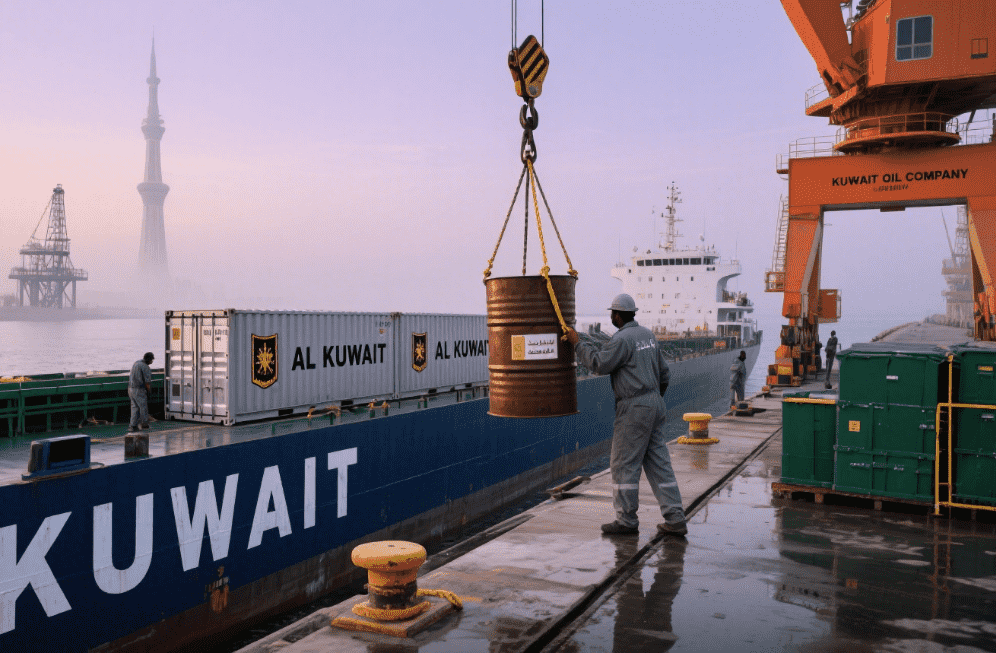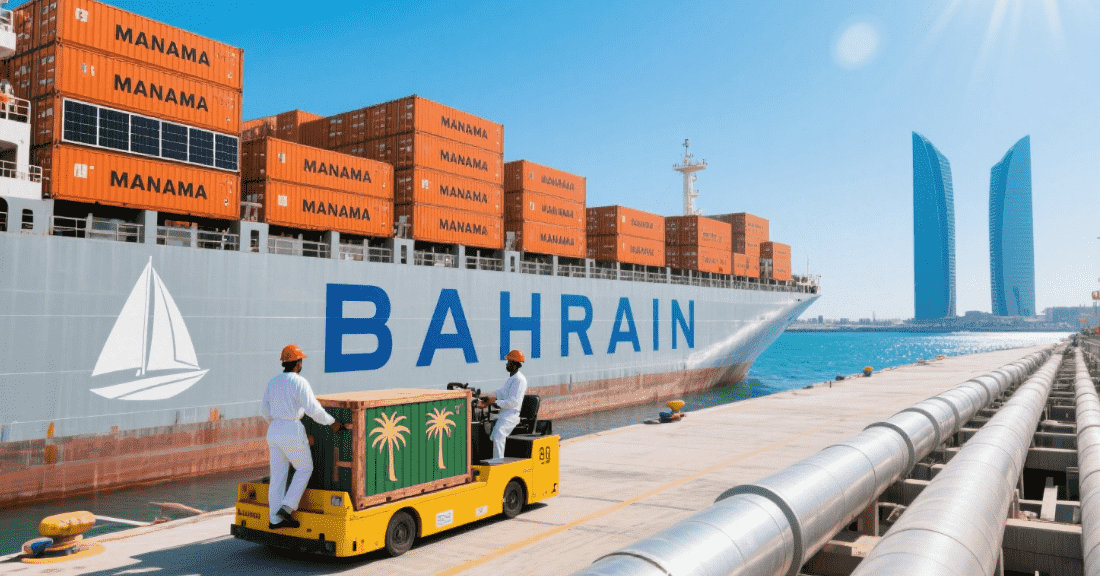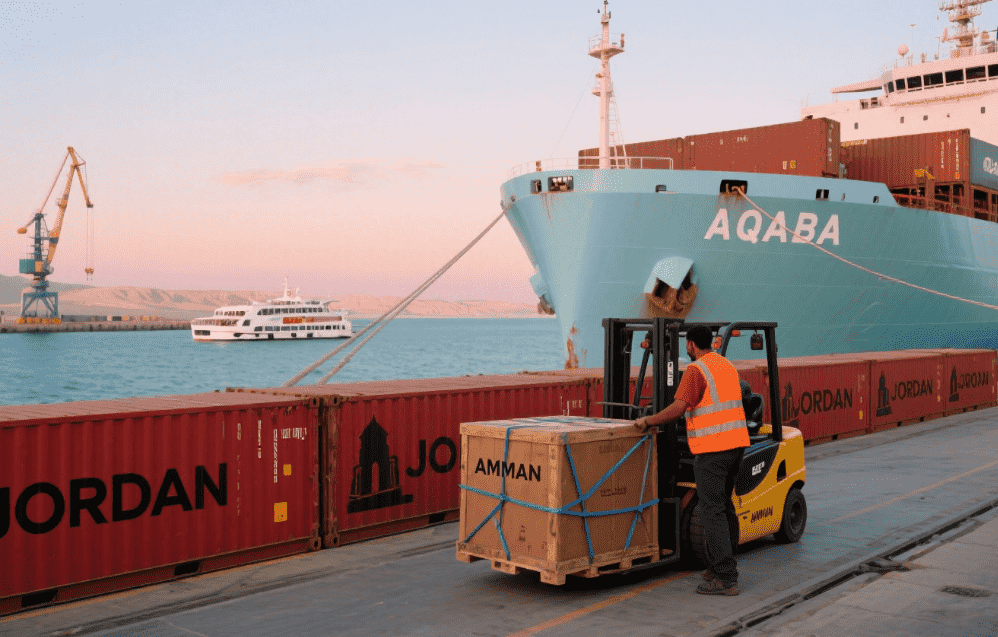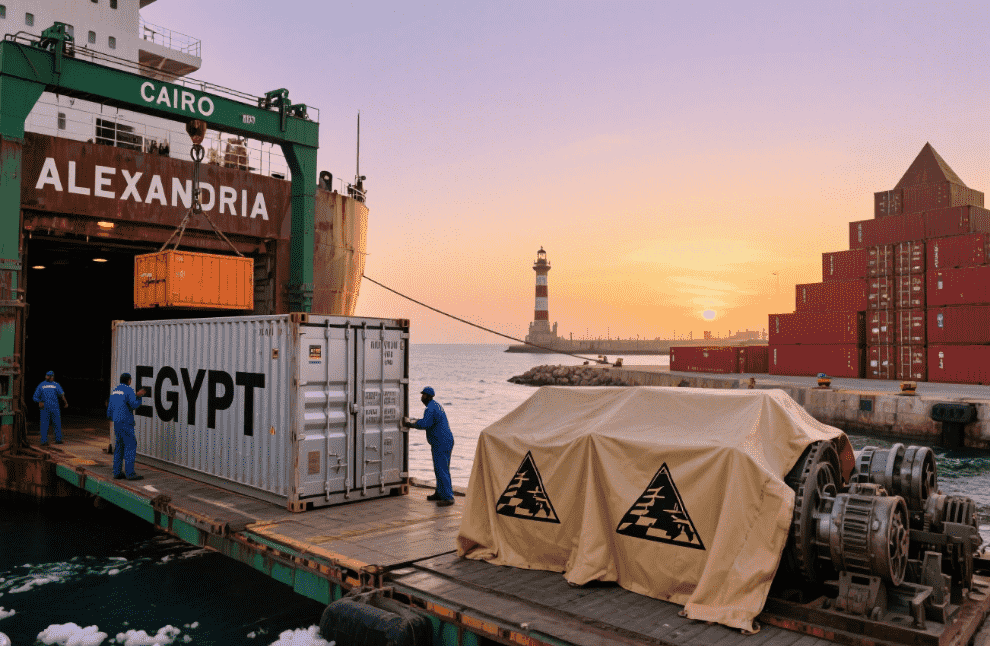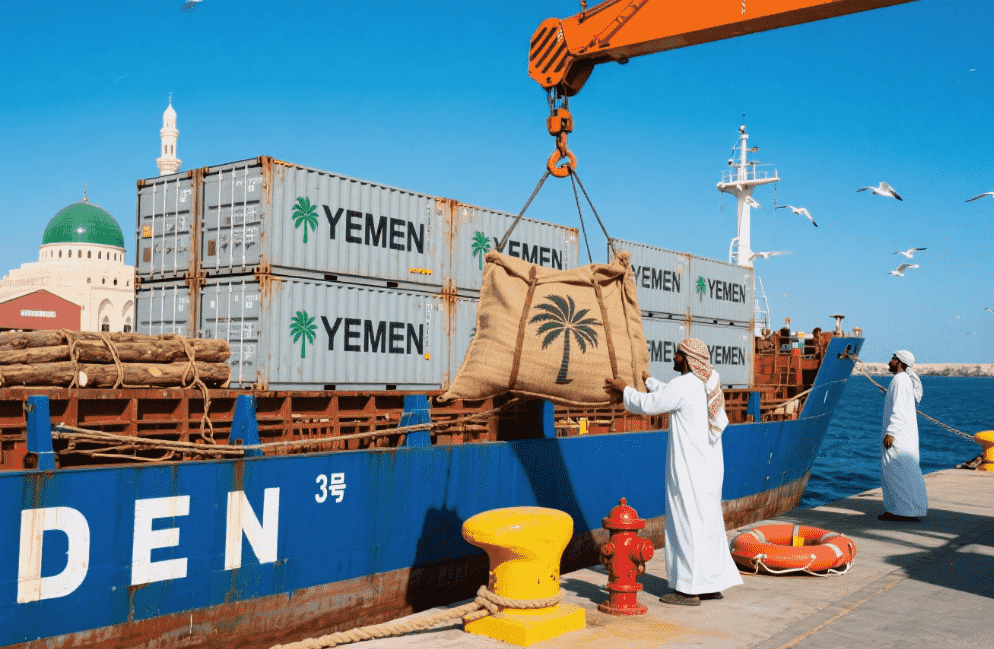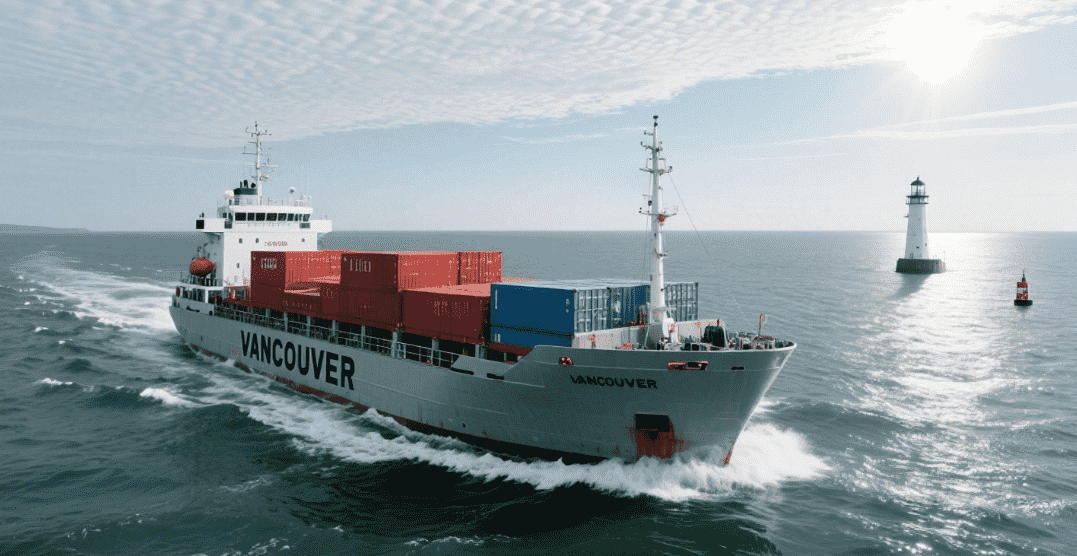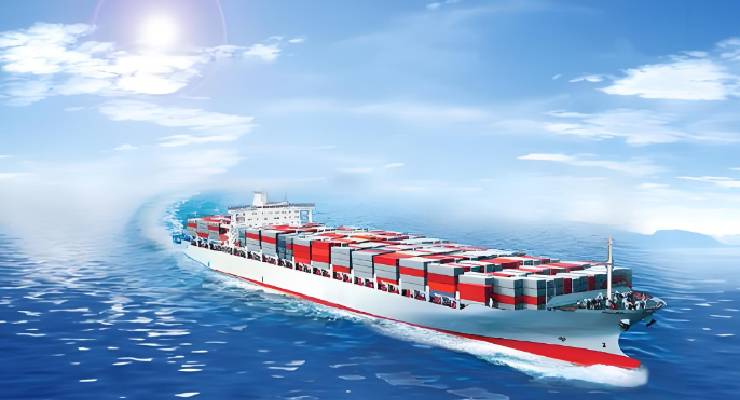
As Asia's two economic giants, China and Malaysia have a thriving trade relationship, which requires efficient transportation of goods between the two countries. This article delves into transport logistics from China to Malaysia, whether by air or by sea container, our team will strive to provide you with the best and most affordable transport solutions from China to Malaysia. This dedicated Malaysia country guide will provide you with all the major details related to shipping from China to Malaysia: times, rates, processes, duties and taxes.
Shipping from China to Malaysia
Choose the right mode of transportation
When shipping from China to Malaysia, choosing the right mode of transport for your goods is the first step in ensuring a smooth shipping process. Here are the main options:
1. Sea transport: Bulk goods and goods that do not require quick delivery are preferred by sea. You can choose from full container load (FCL) or less container load (LCL) services depending on the volume and budget.
2. Air transport: When time is tight, air transport is the best choice. This method is ideal for perishable goods or high-value, time-sensitive goods. However, air freight is more expensive.
3. Multimodal Transport: Utilising the extensive rail and road network between China and Malaysia, multimodal transport offers a balanced solution. It combines the cost effectiveness of ocean shipping with faster delivery times than ocean shipping.
What are the shipping routes from China to Malaysia
The route from China to Malaysia is an important part of the global trade network, facilitating the flow of goods between the two economic giants. For this purpose, multiple sea routes are usually used to connect various Chinese ports with Malaysian ports. Here are some of the main routes:
Shanghai to Port Klang (Kuala Lumpur) : The route from Shanghai, one of the busiest ports in China, to Port Klang in Malaysia is an important trade corridor. Port Klang is the main port of Kuala Lumpur, the capital of Malaysia.
Ningbo to Port Klang: Ningbo is another famous port in China, which has established shipping links with Port Klang, providing an alternative route for the transport of goods between China and Malaysia.
Shenzhen to Penang Port: Shenzhen is a major port city in China's Guangdong Province. The route from Shenzhen to the Malaysian port of Penang is crucial for trade between southern China and Malaysia.
Hong Kong to Port Klang: Hong Kong is an important financial and logistics hub, providing shipping services to Port Klang, further strengthening trade links between these regions.
Xiamen to Port Klang: The coastal city of Xiamen in Fujian Province has opened a flight route to Port Klang, providing access to the southern part of Peninsular Malaysia.
Qingdao to Port Klang: Located in Shandong Province, Qingdao is an important port in northern China. The route from Qingdao to Port Klang has boosted trade between North China and Malaysia.
Guangzhou to Port Klang: Guangzhou is the capital of Guangdong Province and a major manufacturing and trading center in Southern China. The route from Guangzhou to Port Klang plays an important role in connecting these areas.
Tianjin to Penang Port: Tianjin is an important port in northern China and has established maritime links with Penang Port as an entry point for cargo into northern Malaysia.
Dalian to Port Klang: Located in Liaoning Province, Dalian provides shipping services to Port Klang, facilitating trade between Northeast China and Malaysia.
Shekou (Shenzhen) to Port Klang: Shekou is a port within the city of Shenzhen with a dedicated shipping link to Port Klang, providing a convenient option for trade between the region and Malaysia.
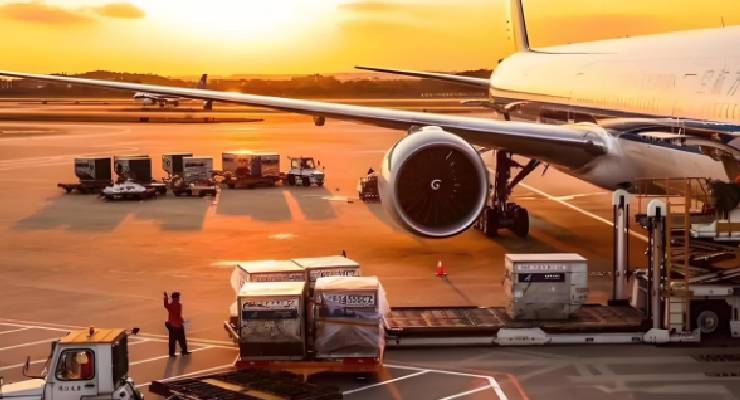
How much does it cost to ship from China to Malaysia
The cost of shipping from China to Malaysia is greatly affected by the mode of transportation.
Air freight from China to Malaysia costs between $3 and $6 per kilogram.
Shipping a 20-foot container from China to Malaysia costs about $500 to $800.
LCL shipping from China to Malaysia costs about $30 to $60 per cubic meter.
Door-to-door DDP shipping costs are approximately $108 per cubic meter, or $4 per kilogram.
The cost of shipping 20 'and 40' containers from China to Malaysia
How much does it cost to ship a container from China to Malaysia? The average price for shipping a 20-foot container from China to Malaysia is between $650 and $1,850. A 40-foot container costs between $1,050 and $2,500. The cost of shipping a container from China to Malaysia varies by shipping date and route.
Sea transport is one of the most popular modes of shipping and the main way for goods to be shipped from China to Malaysia.
Sea freight is your best option if:
- Your supplier is located near major ports in China
- Your cargo is larger than 2 cubic meters
- You're not in a hurry to receive them
In China, we can ensure that your goods are exported from all major ports such as Shanghai, Qingdao, Shenzhen, Guangzhou, Dalian, Tianjin, Xiamen, Macau and Hong Kong.
We provide door to door, door to port, port to port and other services.
With door-to-door service, your goods will be shipped from your factory/retailer in China all the way to your address in Malaysia.
Goods entering China arrive at major Malaysian ports such as Klang, Johor, Kuantan, Tanjung Berabas, Bintulu.
What factors affect the freight rate of FCL from China to Malaysia?
The cost of full container shipping (FCL) from China to Malaysia can vary greatly due to a number of factors. These factors include container type, cargo size and weight, transport route, port of departure and arrival, transport provider or carrier, and market conditions. Here are some key considerations that can affect FCL shipping costs:
Container type: The choice of container type can significantly affect the cost. Common container sizes include 20-foot and 40-foot containers. The price of specialized containers, such as refrigerated containers or high cubic containers, may be higher.
Cargo capacity: The capacity to transport goods is the main factor determining the cost. It is often more cost effective to fill a container to its full capacity than to transport a partially full container, because you are effectively paying for the space, whether or not you make full use of it.
Cargo weight: Heavier cargo may incur additional costs due to impact on ship stability and fuel consumption. Carriers may charge based on weight, especially for very heavy cargo.
Distance and route: The distance between the Chinese origin port and the Malaysian destination port affects the cost. The longer the route, the higher the transport cost.
Port fees and charges: Various port fees, including terminal handling fees (THC), documentation fees, and security fees, all affect the overall cost of shipping.
Fuel costs: Fluctuating fuel prices affect transportation costs. Some carriers may adjust their rates based on changes in fuel prices.
Transport providers: Different transport providers or carriers have their own pricing structures and service levels. It is important to compare offers from multiple suppliers to find the most competitive price.
Seasonal factors: Transportation costs vary seasonally due to factors such as peak shipping seasons and holidays. At peak times, demand for containers can outstrip supply, leading to higher prices.
Currency exchange rate: The currency exchange rate between the Chinese Yuan (CNY) and the Malaysian Ringgit (MYR) affects fees when paying in different currencies.
Additional services: If you require additional services, such as home delivery, cargo insurance or customs clearance, these services will add to the total cost.
Due to market volatility, shipping costs can change over time, so it is important to keep abreast of current rates and conditions.
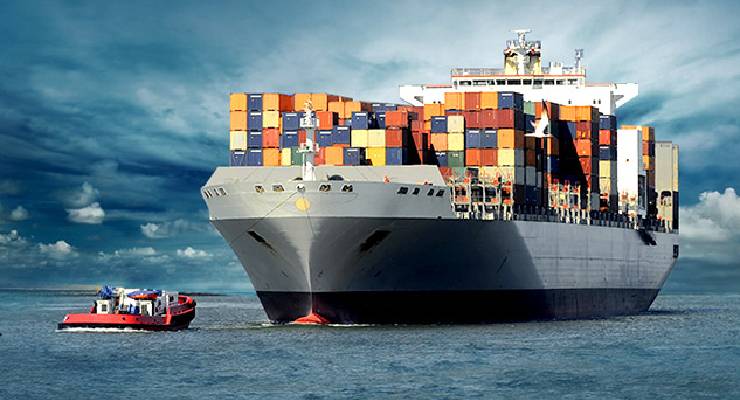
FCL and LCL shipments from China to Malaysia
You can ship goods by FCL or LCL.
There are many factors you need to consider when shipping from China to Malaysia.
A standard 40-foot container can hold 22 standard pallets, and a 20-foot container can hold 10 pallets.
If you are shipping a large amount of goods and can fill a container, it makes sense to choose FCL (full container load).
Another advantage of full container loading is that your items are stored separately from those of other importers.
LCL (Less than container load), on the other hand, refers to the mode of transport in which your goods share the space inside the container with other goods.
If you agree with this, then LCL shipping (also known as LCL) can provide a more economical way to transport smaller quantities of goods that are less than half the volume of the full container.
Precautions for LCL freight
LCL shipping means that your cargo will share space with the cargo of other companies.
This also means that your delivery time may be a little longer due to the packaging and unpacking process.
Prior to departure, your goods will be stored in a consolidated warehouse in China until departure, and then upon arrival in a unpacking warehouse in Malaysia before being delivered to your address.
Precautions for FCL shipment
FCL shipping means renting the entire container for your cargo.
If your shipment is large enough to occupy a container, or even most of it, then full container shipping may be the most economical option
It is also faster than LCL shipping because there is no need to merge or split your items with other items.
Your container will also remain sealed throughout transit, and unless customs officials choose to conduct an inspection, it will remain sealed until it reaches your address or chosen destination.
Special sea freight from China to Malaysia
Reefer containers from China to Malaysia
Some goods will always require a controlled environment. For smooth transport, reefer containers are always kept at the selected temperature. Many categories of products (e.g. chemicals, food, etc.) are transported in this way only. Winsail Shipping is fully capable of booking reefer containers from all cities in China to Malaysia for you.
China to Malaysia by air
We have established a large network of carriers specializing in air cargo transportation, offering daily and weekly flights from major airports in China to any air destination worldwide.
Air freight is the most effective solution if:
- Your cargo is less than 2 cubic meters and less than 200 kilograms
- You are in a hurry to receive/deliver the goods
Our Winsail Air services from China to Malaysia provide a safe and reliable solution for all your air needs, including time sensitive and high value cargo.
Our transportation options include airport to airport, door to door, airport to door and door to airport services.
With our services, we will take care of every step of the journey to ensure that your goods reach their destination when you need them.
The normal transport time from China to Malaysia is about 3 to 7 days.
This may vary depending on seasonal demand and freight market flows at certain times of the year. Our years of experience can provide you with expertise in this area of logistics needs.
Charter offers peace of mind, customized services and a range of transportable cargo. We can arrange this service for you and transport the following goods:
- Consumer Goods
- High value goods
- Sensitive goods such as dangerous goods, fresh goods or perishable goods
- Time-critical shipments
- Medical supplies and humanitarian assistance
- Heavy and oversized devices
- Spare parts for cars, aircraft and ships
In terms of weight, we offer options ranging from 10,000 lb (5,000 kg) to 45,000 lb (22,000 kg), which can be shipped in crates or boxes, pallets or in bulk. Our partial and full charter options range from 10,000 lb (5,000 kg) to 45,000 lb (22,000 kg) and can be shipped on pallets, slides, crates or in bulk.
From China to Malaysia Customs
Shipping goods from China to Malaysia involves customs clearance in the country of origin (China) and the country of destination (Malaysia). Customs clearance is an important aspect of international shipping, ensuring that goods comply with regulatory requirements, are properly declared and duties and taxes are paid. The following is an overview of the customs clearance process when shipping goods from China to Malaysia:
1. Document preparation:
Commercial invoice: Provides detailed invoices that include information on buyer, seller, description of goods, quantity, unit price, total value, currency, payment terms and delivery terms.
Packing list: Please attach a packing list showing the contents of each package, including the weight and dimensions of each item.
Bill of Lading (B/L) or Air waybill (AWB) : These documents are evidence of the contract of carriage between the shipper and the carrier. A bill of lading is used for sea transport, while an air waybill is used for air transport.
Certificate of Origin: If applicable, please provide a certificate of origin to prove the country of origin of the goods. Depending on the trade agreement, this document may be required to apply for preferential tariffs.
Customs Declaration form: Fill in the necessary customs declaration form required by both China and Malaysia.
2. Duties and taxes:
Please note the duties and taxes that apply to your particular item. Malaysia, like most countries, imposes import duties and taxes on various goods, and the rates may vary depending on the type of goods.
Malaysia also imposes a Goods and Services tax (GST) on imported goods. The rates and applicability of GST are subject to change, so make sure you understand the current regulations.
3. Import Licenses and permits:
Certain goods may require an import licence or permit to enter Malaysia. Before shipping your goods, make sure you have obtained any necessary approvals from the Malaysian authorities.
4. Customs clearance process:
In China, customs clearance usually takes place at the port of departure and your transport provider or freight forwarder can assist with this process.
In Malaysia, customs clearance takes place at the destination port or airport. You or your customs broker will need to submit the required documents to the Malaysian Customs authorities.
5. Check and verify:
Malaysian Customs authorities may inspect and verify imported goods to ensure that they comply with the documents provided.
6. Payment of duties and taxes:
Once customs authorities have assessed the duties and taxes, you will need to pay these fees before the goods are released for delivery.
7. Customs release and delivery:
After customs clearance and payment of duties and taxes, your goods will be released and shipped to their final destination in Malaysia.
8. Record keeping:
Keep all customs related documents and transaction records for your records and potential audits.
China to Malaysia freight forwarding company
Why choose Winsail to ship from China to Malaysia
Reputation and experience: Look for transport suppliers with a good reputation and a history of successful transport on the China-Malaysia route. Read reviews, ask for advice, and check their track record to get an idea of their reliability.
Services provided: Evaluate the range of services offered by the company. This includes the type of cargo they handle (e.g., FCL, LCL, air freight), documentation support, customs clearance services, and any other logistics services such as warehousing or distribution.
Network and coverage: Shipping companies with extensive networks and established partnerships can often provide more comprehensive coverage and flexibility when handling your cargo.
Shipping and transparency: Compare shipping rates from multiple suppliers to ensure prices are competitive. Also, choose suppliers that are transparent about prices and any additional costs.
Transit time: Consider the estimated transit time of the goods. The time sensitivity of cargo can affect the choice of air and sea freight.
Customer support: Responsive and knowledgeable customer support is essential. Being able to quickly answer your questions and help resolve them can greatly improve your shipping experience.
Customs expertise: Confirm that the transport supplier has customs clearance experience in both China and Malaysia. They should be familiar with the customs requirements for your specific type of goods.
Insurance Options: Ask about cargo insurance options to protect your cargo during transit. Make sure the provider is able to provide appropriate insurance for the value and type of your goods.
Technology and Tracking: Find vendors that offer freight tracking and online tools to monitor the status and location of shipments in real time.
References and referrals: Ask transportation companies to provide references or case studies that demonstrate their success in handling shipments similar to yours.
Regulatory compliance: Ensure that the company complies with all relevant international shipping regulations and safety standards.
Cost effectiveness: While cost is a consideration, it should not be the only determining factor. Choose a supplier that balances cost effectiveness with reliability.


